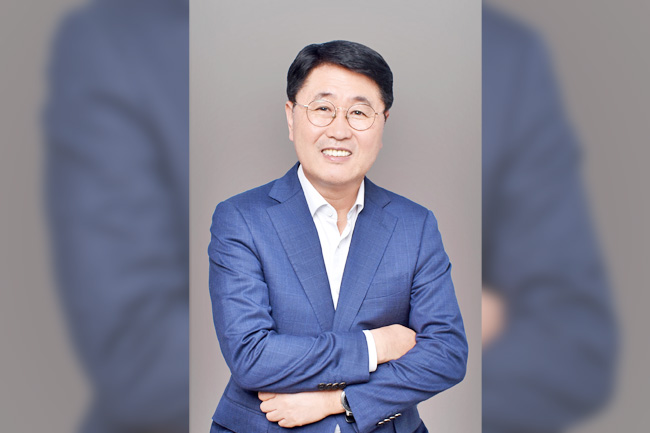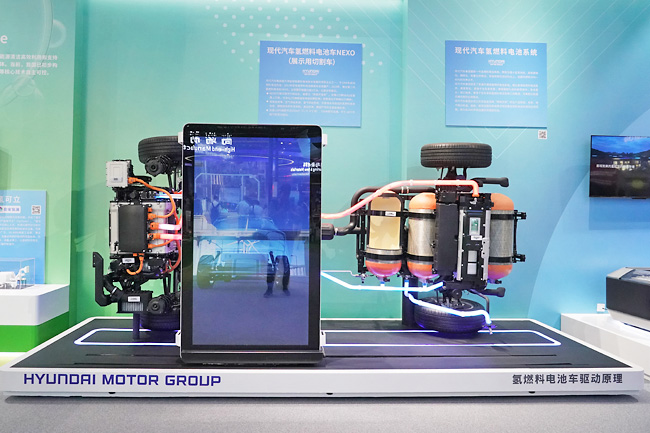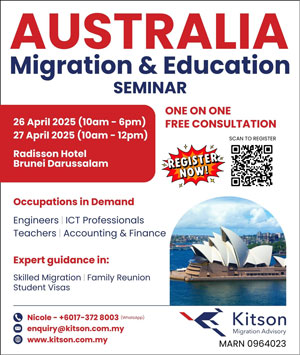ANN/THE KOREA HERALD – Hyundai Motor remains committed to spearheading the expansion of the electric vehicle industry in Indonesia. The company vows to provide customers with a diverse selection of electric vehicle choices and establish a comprehensive ecosystem encompassing EVs, charging infrastructure, and battery recycling.
“Hyundai Motor is a brand that is pioneering and leading the Indonesian EV market,” said President Lee Young-tack of Hyundai Motor Asia-Pacific Headquarters, in a recent email interview with The Korea Herald.
“We plan to establish a full line-up of EVs and continue to release affordable EV models to meet various needs of consumers.”
According to Lee, the South Korean automaker will launch the Kona Electric – Hyundai Motor’s latest all-electric compact sport utility vehicle – in the first half of next year in Indonesia. The Kona Electric will be Hyundai’s first locally manufactured car equipped with locally produced batteries. The car will not only be released in Indonesia but also be exported to other Southeast Asian countries.
“Hyundai Motor is looking to lead the ASEAN EV market by securing local EV value chain competitiveness and innovative DNA in terms of products and customer experiences,” said Lee.


The automaker is constructing ASEAN’s first complete EV chain as it is building a joint battery cell plant with LG Energy Solution in Kawarang New Industry City in the Indonesian province of West Java.
Hyundai Motor operates an Indonesian vehicle manufacturing plant with an annual capacity of up to 250,000 units.
“We will foster Indonesia as the ASEAN region’s hub for battery production and supply to effectively respond to different trade regulations and various industry environments in ASEAN countries,” said Lee.
“Also, we won’t stop at just selling EVs. We are hoping to create a sustainable future for our EV customers by setting up an EV ecosystem that covers the sectors of charging infrastructure, battery reuse and recycling.”
In September, Hyundai Motor inked a memorandum of understanding with Lippo Malls Indonesia, the biggest retailer in the country, to install EV charging stations in 52 of their shopping malls nationwide.
Lee touted the automaker’s pioneering efforts to actively target the EV market, pointing out that the accumulated number of EVs sold in Indonesia has reached 13,545 as of October this year, whereas the EV market was nonexistent in 2019.
“In our case, the EV sales including the Ioniq 5 account for about 20 per cent of our company’s total vehicle sales in Indonesia in 2023. We take up approximately 42 per cent of the Indonesian EV market,” he said.
Lee noted that the ASEAN EV market is expected to see faster growth than other emerging markets such as India and South America, mentioning some of the major Southeast Asian countries’ policies to demand local production to nurture their EV industries.
“The ASEAN EV market will be expanded as Thailand and Malaysia take the lead in the early phases, while Indonesia and Vietnam will be at the centre of the market expansion in the mid- to long-term,” he said. “In the product aspect, ASEAN has shown a different pattern from developed countries as it has grown on the basis of mid- to low-priced EVs from the forming stages of the market.”
As the EV sector continues to grow in the region, Lee said over 15 per cent of the ASEAN auto demand will be EVs in 2030. Lee will give a speech on the Indonesian EV market and Hyundai Motor’s strategy during the Korea-Indonesia Cooperation Forum on November 30 in Jakarta to commemorate the 50th anniversary of the two countries establishing diplomatic relations.







